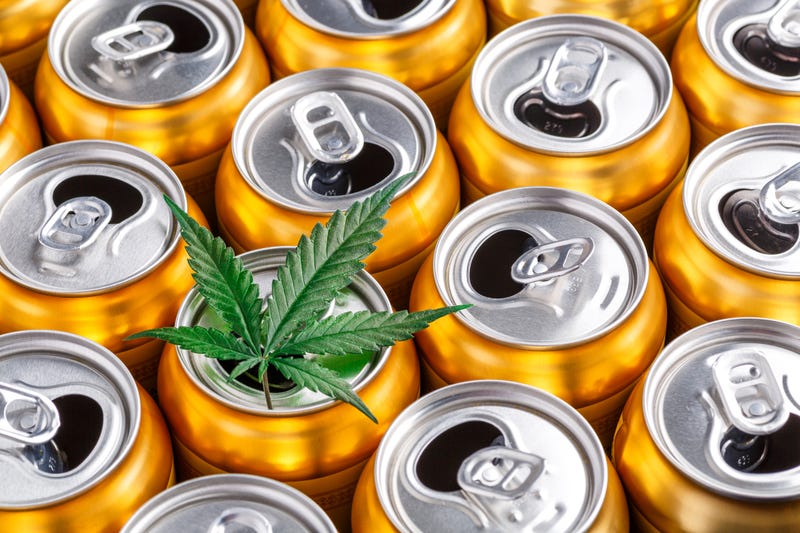
The entire hemp industry is regrouping after the government funding package contained a provision they say would outlaw nearly all hemp-derived THC products.
It's too soon to say what's next, with lawmakers going back to their districts to hear what constituents think of what will amount to a THC ban according to those in the industry.
Glenn McElfresh is cofounder of Plift, a THC derived soda. He spoke with WCCO Radio's Blois Olson on the Sunday Take and says they are sending out letters to members of Congress, and telling them the bill needs to be reconsidered.
"This may have gone just a little bit further than you actually intended to, and seeing if there's a willingness to engage in a conversation about some proactive fixes before, you know, the industry is effectively shut down in a year," McElfresh explains.
He adds the his company will continue to operate until they have to pivot. But what that may look like is unclear.
"Into another market, or another type of product, or you know, if we have to shut down," says McElfresh. "But that's the very last option and we would stretch that out for as long as possible."
The measure passed in Washington, which for the first time distinguishes industrial hemp grain and fiber from cannabinoid-producing varieties, also puts the market for intoxicating hemp-derived products on notice. Products now have a limited window to operate unless Congress and the industry deliver a real, science-based regulatory solution in the next 12 months.
"It's kind of all across the country where we're starting to see these federal elected officials say, 'hey, this is maybe we threw the baby out with the bathwater here.' There's also been some folks that have said good riddance," explains McElfresh.
According to the Minnesota Department of Revenue, the state has collected nearly $40 million in revenue from more than $350 million in retail sales in the last three years, since Minnesota legalized the products.
Since Congress legalized hemp in 2018, America has seen both the promise and the pitfalls of this emerging industry.
What began as an agricultural opportunity has evolved into an environment the 2018 Farm Bill never saw coming — with confusing laws, inconsistent enforcement, and a marketplace overflowing with products that have left regulators and consumers alike uncertain where hemp ends and marijuana begins.
But the political climate has shifted sharply. Lawmakers are trying to rein in a sector that has outpaced the policy meant to govern it.
The result is uncertainty for farmers, fear for manufacturers, and unease among consumers who no longer know which products they can trust. It's a moment of reckoning nationwide for what previously had been a state-by-state, mostly unregulated industry.
